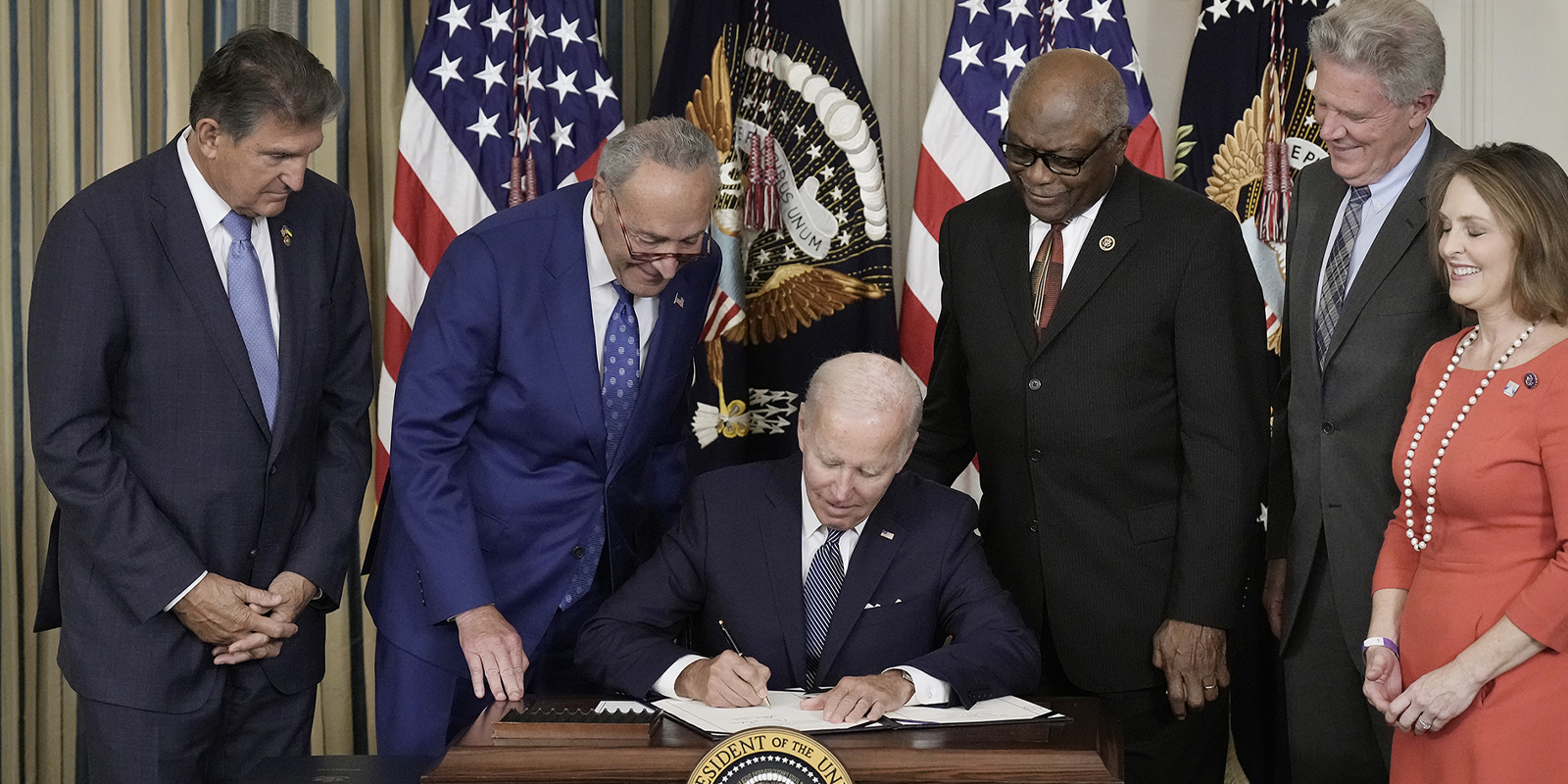In August of 2022, President Biden signed into law the Inflation Reduction Act which aims to mitigate inflation by reducing the federal government budget deficit and lowering prescription drug prices. Through federal funding and a combination of grants, loans, rebates, incentives and other investments, the IRA also will impact domestic energy production while bolstering efforts for an energy-abundant, low-carbon future.
At the bill’s one-year anniversary, Mitsubishi Heavy Industries America held a panel of leaders across multiple sectors –– energy, finance, industry and academia –– to discuss the IRA and what it means for the future of business and industries.
Here are three things to know about how the Inflation Reduction Act is driving a clear tech industrial revolution, according to Mitsubishi Heavy Industries:
IRA Encourages Private-Sector Investment
Since being passed into law by President Biden in August of 2022, the IRA’s first year yielded:
2: A strong focus on environmental justice
According to a fact sheet issued by the White House, the IRA will: reduce pollution; improve clean transit; make clean energy more affordable and accessible; and strengthen resilience to climate change. With a simple mission to accelerate the energy transition with incentives rather than penalties, the act will allocate nearly $400 billion to efforts to reach a low-carbon, energy abundant future including:
3: Collaboration reimagined
As the race to net zero continues, tech giants and energy leaders across all sectors ––corporations, governments, nonprofits and academia –– have come together for one common goal: develop solutions to tackle the world’s toughest energy issues. When it comes to progressing the IRA, industry and Mitsubishi President and CEO Takajiro Ishikawa weighed in on collaboration for the act noting that “The energy transition can’t be done by just one party. Collaboration and communication between all parties is key.”
Learn more about the Inflation Reduction Act.
